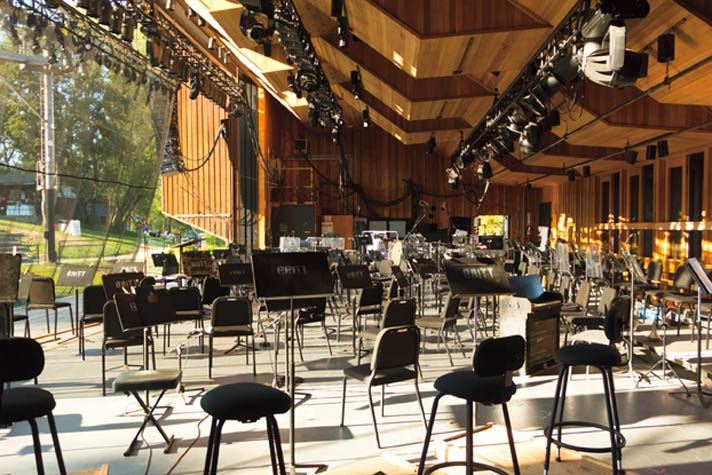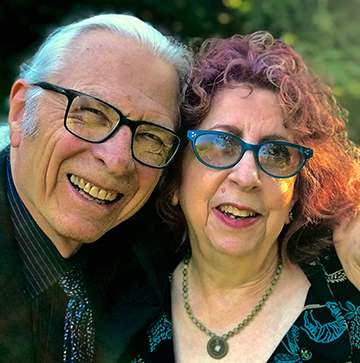The Unfettered Critic – September 2017
You don’t know what you missed. And that makes us very sad.
We’re serious. Every August, the residents of Southern Oregon are offered a tremendous opportunity. Yet many residents let that opportunity slip away with little thought of its value. And, now that September has arrived, it’s gone. Again.
Yes, we’re talking about the Britt Classical Season, when one hundred world-class, all-star musicians, on hiatus from their full-time jobs with the world’s greatest symphony orchestras, take three weeks to assemble in Jacksonville. And during this magical period, we have our very own personal symphony orchestra. How many towns our size can say that: we have our very own personal symphony orchestra! How lucky we are.
We understand some of the reasons why you may have missed the season: “Concert tickets are too expensive,” you say. And that may be a legitimate reason if it weren’t for the fact that the Britt Festival actually lowered the price of lawn seating this year. In addition, many of the orchestra rehearsals were open and free to the public. Both of these facts were well publicized by the Britt. And yet on an average rehearsal morning or evening these past few weeks, the same twenty or thirty people sat, transfixed, while surrounded by empty seats. Hundreds of empty, free, seats.
As for the performances themselves, the music was glorious, consistently worthy of standing ovations. Yet crowd sizes varied. Some evenings were well attended. The night dubbed “Symphonic Exploration,” for example, featured a dynamic rendition of Beethoven’s enchanting Piano Concerto No. 4 by acclaimed pianist Jeffrey Kahane, and an electrifying version of Bach’s Brandenburg Concerto No. 3. This year’s Pops Night, dubbed “Magic of the Movies,” highlighted many of the cinematic compositions of John Williams. Predictably it sold out—the audience loved what they heard, their enthusiasm undiminished by an unexpected cloudburst during the music of E.T. The Extra Terrestrial. Adding to the joy was the five-buck ticket price. But listening to well-known classical composers and classic movie themes, as delightful as they are, doesn’t necessarily expand the imagination or arouse musical curiosity among listeners. Certainly those pieces deserved the adulation they received—yet the playlists of other evenings, featuring less known material, stimulated our senses and remained with us long after the music faded away.
We were fascinated by the first piece the Britt Orchestra played on opening night, The Chairman Dances, by contemporary American composer John Adams. It began with an “esoteric” (conductor Teddy Abrams’ word), non-melodic rhythm, as though the entire orchestra were participating in a tonal drum solo. We couldn’t help tapping our feet! Then, as the rhythm drew the audience to the fronts of their seats, the strings and piano emerged to deliver the reason for the subtitle of the piece: “Foxtrot For Orchestra.” It forcefully set the course for the season, which grew in color, intensity, and mood with the ongoing concerts.
The esoteric wonders included composer Andrew Norman’s Unstuck. (Abrams spoke to the audience of the composer’s interest in nonlinear, narrative-scrambling techniques in movies, video games, and books, such as fiction writer Kurt Vonnegut’s tale of a character who becomes “unstuck in time.”) It was one example of the thematic arc Abrams built into that night’s choice of material, a playlist dedicated to West Coast composers, both known and unknown.
By the end of these three weeks of musical marvels, we in the audience understood that we’d been treated to an entertaining, educating, once-in-a-lifetime experience. Of course, if somehow you let the opportunity slip away, you don’t know what you missed.
And that makes us very sad.

 Paula and Terry identify as writers, with an ever-increasing number of published works to support the supposition. They live a primarily pastoral life in the enchanted town of Jacksonville.
Paula and Terry identify as writers, with an ever-increasing number of published works to support the supposition. They live a primarily pastoral life in the enchanted town of Jacksonville.